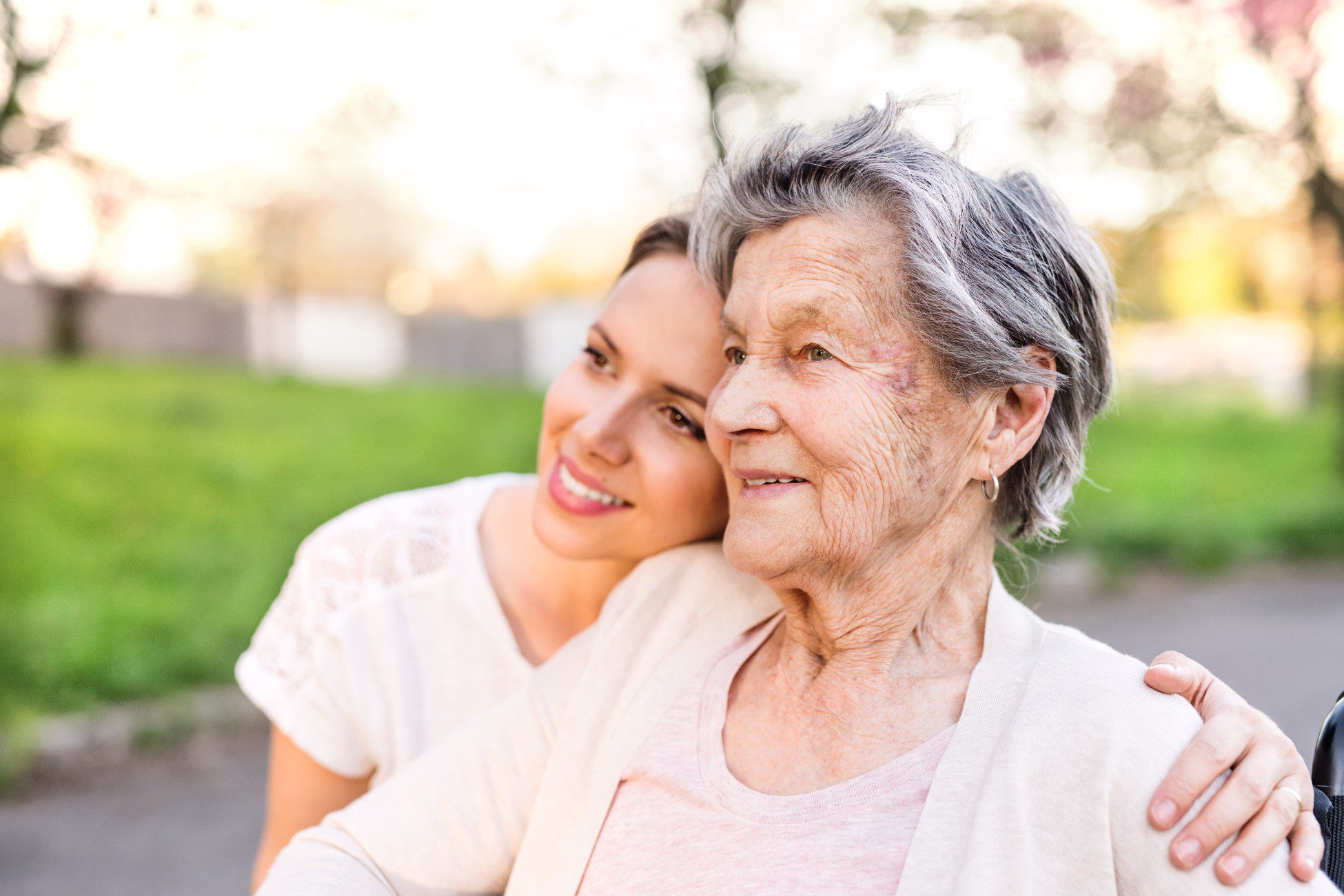Sooner or later, we all must come to terms with the losses that accompany aging. It can be hard to watch your loved ones struggle as they grow older and you may feel overwhelmed and unable to help as much as you’d like. Even with the best of intentions, simple tasks take time and effort on your part. Whether your family member struggles with hygiene, preparing meals, or managing his or her health and medications, quality homecare can help keep your loved one independent – and living at home!
Here are some of the ways that in-home senior care can help.
Hygiene
More than simply looking our best, good hygiene means maintaining dignity and health. If your loved one needs assistance with basic grooming, such as dressing, washing his or her face and hair, bathing, and oral hygiene, a caregiver can provide the assistance needed.
Another area of concern is continence and toileting. As we age, the ability to control the bladder and bowels decreases and incontinence may result. This can be an embarrassing and sensitive issue, which is why help with these tasks from a sensitive caregiver is important to maintain respect and dignity in the comfort and privacy of your loved one’s home.
Housework
The loss of mobility that often comes with aging means your loved one may be less capable of performing household tasks such as cleaning and laundry. Here are a few ways you can help your loved one maintain his or her independence.
- Invest in a step stool if your loved one has the physical capability to use it. This can make performing tasks like dusting shelves or reaching dishes in the kitchen easier.
- Purchase a cordless, stick vacuum for your loved one. These models are lighter and easier to handle and the cordless feature will help prevent falls caused by tripping over the cord.
- If possible, purchase a front loading washer and dryer to ease the strain of lifting laundry baskets and bending and reaching to load the machines.
Your loved one may need more assistance than providing additional safety-enhancing tools, however; and a reputable home care agency can help meet these needs. In-home senior care will be able to provide elderly independence in the following ways:
- Assistance with light housekeeping, including dusting, vacuuming, sweeping and mopping floors, washing dishes, laundry, and cleaning bathrooms
- Assistance with household tasks such as sorting and opening mail
Of course, it’s important to take your loved one’s individual physical and mental abilities into consideration. You can find a checklist here to help with assessing your loved one’s safety at home.
Meals and nutrition
When seniors are not eating well, it can take a serious toll on their health, especially if there are underlying medical conditions such as diabetes or cancer. This is why help with meal planning, preparation, and cooking are vital to keeping your loved one safe and healthy at home.
If your loved one has special dietary needs, whether related to a medical condition or personal preference, home healthcare can provide the expertise and assistance necessary to help meet those needs and keep your loved one as well-fed and healthy as possible.
Additional services to consider include:
- Eating out, if your loved one enjoys dining in restaurants, the opportunity to do so can provide a lift to their physical and mental health.
- Feeding – If your loved one has difficulty feeding him or herself, a caring home health aide can provide assistance with this as well.
Medication management
Of those aged 65 to 79, eighty-seven percent take at least one medication and the average number of prescriptions filled per year is twenty. In seniors aged 80 and older, the percentage who take mediation jumps to ninety-one percent and the number of prescriptions per year to twenty-two. That’s a lot of prescriptions for anyone to juggle! And unfortunately, memory problems and dementia are common as we age.
What does all of this mean for your loved ones? Medication errors happen far too often and can result in illness or even death. For these reasons, medication management by a trained professional is vital to keeping your loved one healthy and safe.
Transportation and errands
Giving up driving for safety reasons is common as we age, but it can feel like the ultimate loss of independence. The ability to shop, visit friends, and keep medical and other appointments may suffer as a result of giving up personal transportation. If your loved one needs assistance with these or similar travel needs, home care can help!
When researching home care agencies, also consider whether your loved one needs any errands run on his or her behalf. This could include things like going to the post office, picking up prescriptions, or grocery shopping.
In terms of safety, here are some things to look for in a home healthcare agency:
- Background checks for all caregivers, including DMV record checks and reference checks
- Vehicles used to transport your loved one are verified for registration, inspections, and insurance, as well as cleanliness and safety
With help, your loved one can stay safe and independent at home, providing peace of mind for everyone.
